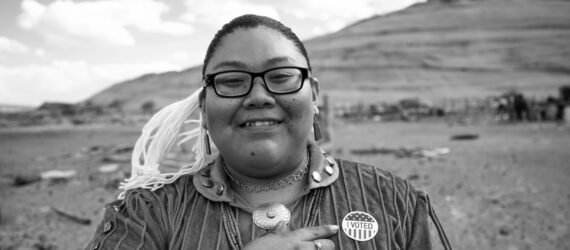“But to you who are listening I say: Love your enemies, do good to those who hate you, bless those who curse you, pray for those who mistreat you.” Luke 6:27-28
Today we are faced with the challenges of war, religious nationalism, and polarization. The conflicts in Sudan, the Democratic Republic of Congo, Israel-Palestine, the Horn of Africa, Syria, and Ukraine immediately come to mind. Yet conflicts and wars are perpetual and threaded throughout the Bible. Hunger and famine are related consequences of these horrors of death. The hatred and fears about who is an enemy have fueled and still fuel the atrocities of bloodshed and loss of life.
Yet Jesus says, “love your enemies, do good to those who hate you and even bless those who curse you and pray for those who mistreat you.” For many this seems counter-intuitive and certainly not doable. After all, in so doing, self-interest may be compromised.
Exodus 2:1-10 provides a lesson on what it means to love and pray for the “enemy.” Although enemies, an enslaved Israelite mother, Jochebed; her daughter Miriam; and an African princess, Bithiah, reject the hatred to show love to Moses.
Together they protect baby Moses’s life. They conspire to work across enemy lines, with God on their side. Jochebed and Miriam place baby Moses in a basket and send him on his way to the river waters—hidden, not knowing where or if the baby will arrive safely to a destination point. God sees them and steps in with the angels and protects the vision of the mother and daughter and, most importantly, baby Moses.
The so-called enemy, Bithiah (the Pharoah’s daughter), sees the child and does not offer what may be the expected response of showcasing the baby to her father as a prize for his evil law. Rather, the African princess has compassion for the baby and extends hospitality to the baby, his mother, and his sister. And she protects him, not only during the encounter but also by adopting the child into her regal home! This, after the dignified negotiation with Miriam and Jochebed about the nursing care of the baby.
This important and timely biblical illustration invites us to ask ourselves what we are doing to cross so-called “enemy lines”—not only to pray for our enemies, but to show love to our enemies, with children in mind first. How do we re-imagine and implement alternative pathways that stop violence and engage love and diplomacy?
Nonpartisan advocacy is one of the ways Bread does this. We invite you to work with us to advocate for a farm bill that benefits all.
Angelique Walker-Smith is senior associate for Pan African and Orthodox Church engagement at Bread for the World.



